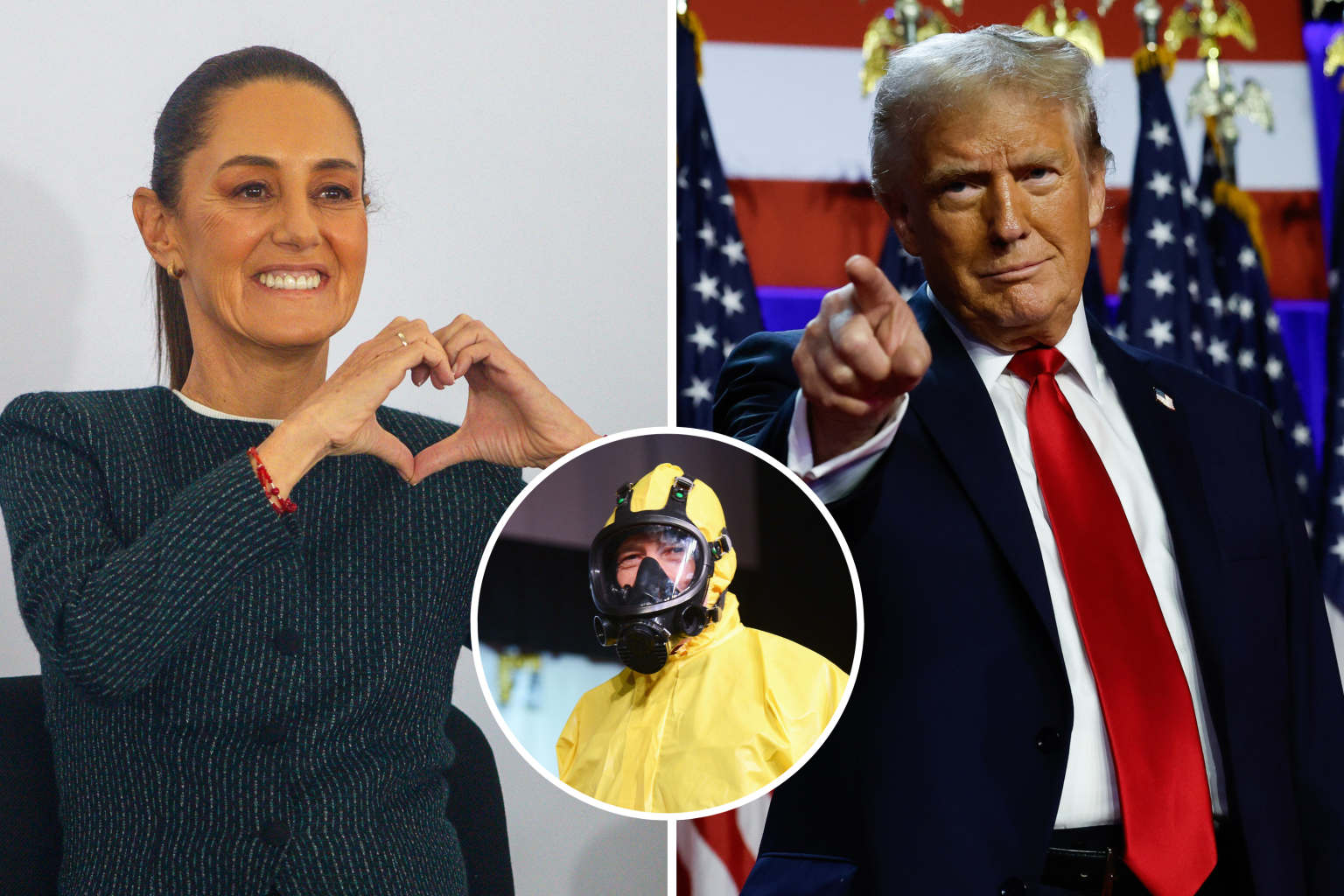In recent remarks, Mexico’s President Claudia Sheinbaum has dismissed allegations made in a New York Times report suggesting that chemistry students in Mexico are being recruited by the Sinaloa Cartel to assist in fentanyl production. Responding during a morning press conference, President Sheinbaum stated that after consulting her cabinet, there was no supporting evidence to the claims about university students’ involvement in synthetic drug manufacturing. Sheinbaum’s denial notably included a reference to the popular television series “Breaking Bad,” implying that such portrayals may have influenced the narrative surrounding chemistry students and drug production. She emphasized that it would be highly inappropriate for students to engage in such illegal activities.
The New York Times report, which Sheinbaum criticized, includes testimonies from several individuals involved with the Sinaloa Cartel, including current and former students from chemistry programs. These individuals claimed the cartel specifically targets universities to recruit students with the necessary skills for producing synthetic drugs like fentanyl. A chemistry professor from Sinaloa State corroborated this trend, stating that some of his students directly inquired about learning how to synthesize illegal narcotics during classes focused on pharmaceutical drug production. This revelation has raised concerns about the vulnerabilities within academic institutions and the influence of organized crime.
Sheinbaum’s administration is navigating a complex relationship with the United States regarding drug trafficking and immigration issues. This landscape has been further complicated by the incoming U.S. administration of President Donald Trump, who has indicated plans for a more aggressive approach to combatting drug cartels. Trump has suggested potential military interventions and steep tariffs on Mexican imports unless Mexico significantly improves its efforts to control drug trafficking and reduce illegal migration. The escalating tensions reflect both nations’ struggles with the impacts of synthetic opioids, which have led to a dramatic increase in overdose deaths in the U.S., illustrating the urgency of the situation.
Addressing these threats, Sheinbaum presented a counter-narrative to Trump’s hardline stance, arguing that a cooperative approach is essential for tackling the intertwined issues of migration and drug trafficking. She asserted that punitive measures such as tariffs would not yield desired results but rather would exacerbate economic instability on both sides of the border. Citing shared economic interests, she pointed out that tariffs could jeopardize longstanding relationships with major U.S. companies operating in Mexico, ultimately harming workers and economies in both nations.
The broader context surrounding the fentanyl crisis demonstrates the serious consequences of the ongoing drug epidemic in the United States. The Centers for Disease Control and Prevention (CDC) has identified synthetic opioids as a significant factor in overdose deaths, accounting for 70 percent of fatalities related to drug overdoses. The staggering increase in deaths related to synthetic opioids, rising from approximately 3,000 in 2010 to about 74,000 in 2022, underscores the urgent need for effective strategies to address the drug trafficking problem. This public health crisis is intertwined with political pressures and strategies that both nations will need to consider moving forward.
As Sheinbaum enters her presidency, she faces the dual challenges of managing domestic issues related to drug trafficking while also engaging in diplomatic relations with a neighboring country that is intensifying its approach to potential solutions. The dialogue around these issues will likely evolve alongside public perceptions and the realities of drug-related violence and fentanyl proliferation. The effectiveness of proposed strategies will depend on a shared commitment to understanding and addressing the root causes of the crisis, emphasizing the importance of cooperative efforts between Mexico and the United States in navigating the complexities of drug trafficking and related societal impacts.

